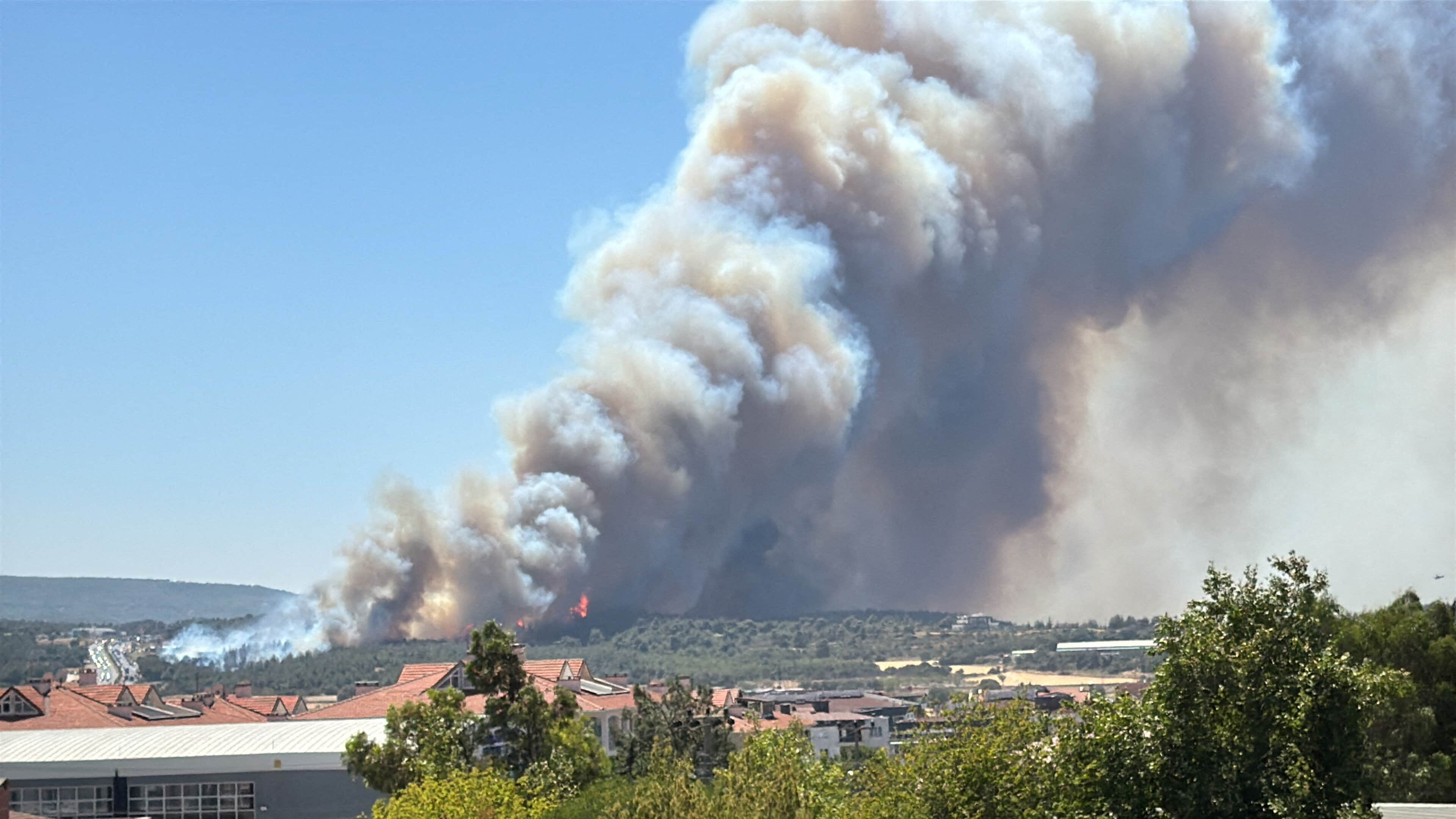This is how Buenos Aires plans to achieve 1 million bike rides a day

Buenos Aires is hoping to encourage a million daily bike trips by 2023. Image: REUTERS/Agustin Marcarian
- Buenos Aires has set a goal of achieving 1 million daily bike rides by 2023.
- Argentina’s capital is extending protected cycle lanes right into the city centre.
- Cities across the world are building new cycle routes, many in response to the pandemic.
- Cycle lanes help social distancing and reduce greenhouse gas emissions.
Buenos Aires is extending its network of cycle lanes into the very heart of the city in a bold move to encourage a million daily bike trips by 2023.
Argentina’s capital already has 250km of cycle lanes, but the latest plan will create protected lanes in an extra 17km of some of the city centre’s busiest roads.
Sustainable mobility
Before the pandemic, Buenos Aires ranked as the world’s 66th most congested city with rapidly rising levels of air pollution. A free bike-sharing system and new subway stations have already made an impact.

Now the city is going further and extending the cycle network to include central thoroughfares like Avenida Corrientes.
The new lanes will also create through routes from the suburbs to the city centre. Half of all trips within Buenos Aires are less than 5km, so the city authorities hope locals will find it easy to take to their bikes.
As well as encouraging “equitable, healthy, inclusive and sustainable mobility”, the hope is that getting more people to cycle will reduce pollution and ease pressure on public transport.
The city authorities say demand for bicycles in Argentina grew by 50% last year, with one online marketplace recording a 130% increase in bike sales.

Cycle the world
Cities around the world are encouraging cycling as part of their response to the pandemic. They see it as a way of encouraging social distancing that is not possible on crowded buses and metros.
Colombia’s capital, Bogata, has added 117km of cycle lanes as an emergency response to COVID-19. London’s mayor, Sadiq Khan, declared that cycling was a solution to problems of social distancing on public transport for the foreseeable future.
Other cities also see it as a way to build back better and reduce pollution and congestion. New York is building 400km of protected bike lanes and redesigning city road junctions to make them safer for cyclists and pedestrians. Milan is building 35km of new cycle routes.
Paris is extending its city network of cycle lanes out into the suburbs; the idea is that commuters will use bikes instead of trains to help maintain social distancing and take more exercise in the process.
Mumbai has appointed 24 city cycling advocates – one for each of the city’s boroughs – to encourage more people to travel by bike. The city hopes to have 100,000 more cycle commuters by 2023.
The World Economic Forum’s Guidelines for City Mobility report says that with an additional 2.5 billion people expected to live in cities by 2050 there is an urgent need to develop “affordable, liveable and inclusive mobility systems”, including cycle sharing.
Don't miss any update on this topic
Create a free account and access your personalized content collection with our latest publications and analyses.
License and Republishing
World Economic Forum articles may be republished in accordance with the Creative Commons Attribution-NonCommercial-NoDerivatives 4.0 International Public License, and in accordance with our Terms of Use.
The views expressed in this article are those of the author alone and not the World Economic Forum.
Stay up to date:
Infrastructure
Related topics:
Forum Stories newsletter
Bringing you weekly curated insights and analysis on the global issues that matter.
More on Stakeholder CapitalismSee all
Pedro Leitao
November 5, 2025








